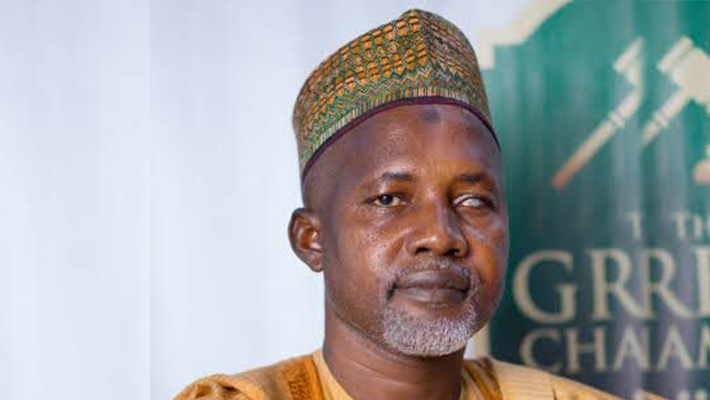The federal government has announced plans to divide the 115 Federal Unity Colleges (FUCs) into basic and secondary schools. This significant change aims to enhance the educational structure in Nigeria and improve student outcomes.
Yusuf Sununu, the Minister of State for Education, made this announcement during the annual meeting of principals from Unity Colleges held in Abuja. The theme of the meeting, “Entrepreneurship Education: A Path to Self-Reliance and National Development,” highlights the government’s commitment to equipping students with skills for the future.

According to Sununu, the decision to unbundle the unity colleges is in line with the National Policy on Education (NPE), which aims to provide a more effective educational framework. By separating the schools, the government hopes to attract more funding that can be used to enhance infrastructure, improve the welfare of teachers, and create job opportunities for graduates.
Sununu stressed the importance of fostering an entrepreneurial spirit among the youth. He believes this spirit is crucial for self-reliance and can significantly contribute to national development. With rising unemployment rates posing a serious challenge, Sununu emphasized the need for students to gain skills and a mindset conducive to success in today’s competitive job market. He pointed out that entrepreneurship education can help students think creatively, innovate, and develop the confidence to take calculated risks.

During his address, the minister called for collaboration among principals as key stakeholders in improving the educational landscape of their schools. He urged them to work together to curb social vices, instill a culture of maintenance among students, and cooperate with their local communities to ensure the safety and growth of the colleges.
In addition, Sununu highlighted the necessity of equipping students not just with academic knowledge but also with practical skills that will help them thrive in various sectors. He noted that the integration of entrepreneurship into the curriculum will prepare students for real-world challenges and opportunities.
Idowu Akinbamijo, chairperson of the Principals of Federal Unity Colleges, supported Sununu’s vision. She stated that the meeting was an essential platform to set goals for the coming year and to build the capacity needed for the tasks ahead. Akinbamijo emphasized the importance of working collaboratively to address the challenges faced by schools and to implement the necessary changes effectively.
As the government moves forward with these plans, stakeholders in the education sector are hopeful that the unbundling of Federal Unity Colleges will lead to a more robust educational system. This initiative aims not only to improve educational quality but also to empower students to become innovative leaders who can contribute positively to society. The collective efforts of the government, educators, and communities will be crucial in achieving these goals.




































